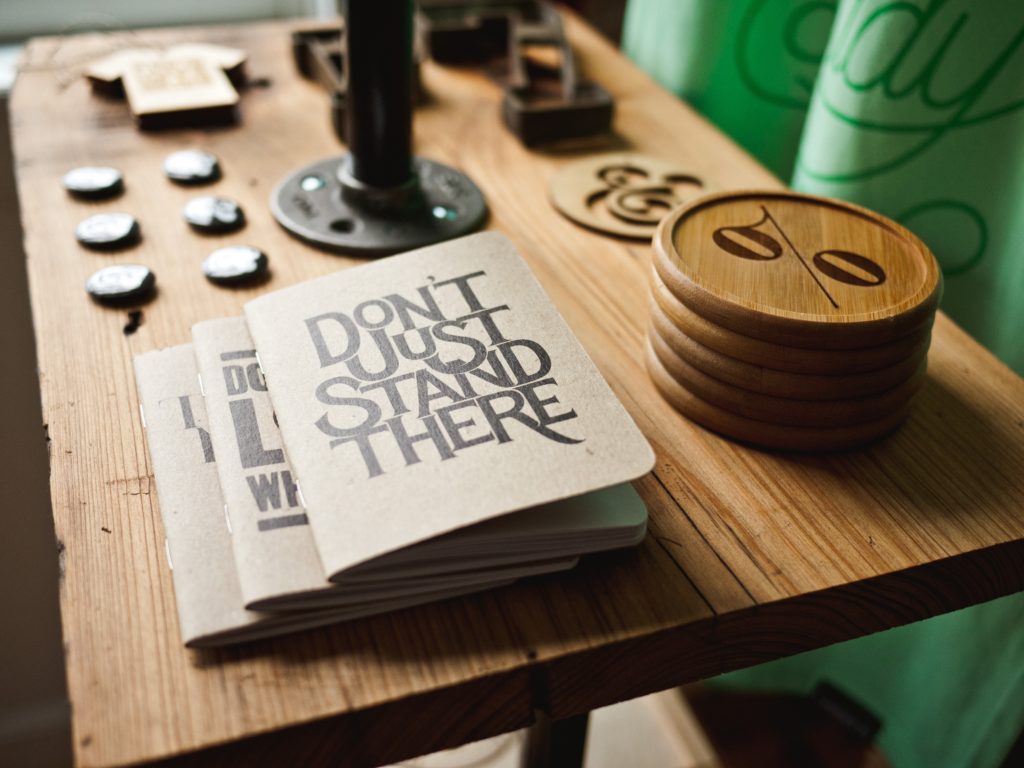
When I think of the hundreds of writers I have coached over the years, the best ones impressed me with their intellect and creativity. But what stands out most are not these strengths, important as they may be. Instead, it’s their attitude that makes them special in my eyes.
“The attitude we choose is by far the most important choice we make every day.”
LOU HOLTZ
Three decades of working with writers have convinced me that attitude — a way of thinking that is reflected in a person’s behavior — matters more than talent.
Talent may open the door, but attitude gets you inside the room.
“Most people place an undue emphasis on talent. I don’t doubt that it exists, but talent is essentially a potential for something. The issue is really not talent as an independent element, but talent in relationship to will, desire and persistence. Talent without these things vanishes and even modest talent with those characteristics grows.”
MILTON GLASER
Writing is a craft. It relies on a set of skills: reporting and researching, writing and revision (and more revision), understanding of structure, and facility with language, syntax, and style. Mastery requires years of study, work and above all, patience. Malcolm Gladwell famously estimated that achieving mastery in many fields requires 10,000 hours of work. True or not, there’s no doubt that becoming a good writer takes an enormous expenditure of time and effort. And without the right attitude, the willingness to do that work, the chances of success are slim to none.
In a field where so much — success and rejection, for starters — is out of a writer’s hands, attitude is one thing we can control. We can decide whether to procrastinate or write every day, give up or commit to one more revision, try our hand at a different genre, or learn and learn from other writers rather than be consumed by jealousy about their achievements.
Inspired by the wisdom of acclaimed designer Milton Glaser, legendary coach Lou Holtz and David Maraniss, the Pulitzer Prize-winning journalist and author, I found myself musing about the nature of attitude and its importance to writers seeking success, including myself. Here’s what I came up with. It’s a partial list; I hope you’ll add to it in the comment section.
- Attitude matters than more than, talent.
- Attitude makes the difference between giving up and sticking with a story.
- Attitude means making one more phone call, writing one more draft, burrowing into your draft one more time to refine and polish your story.
- Attitude means a collaborative relationship with editors rather than a toxic one.
- Attitude means submitting a story the same day someone rejects it.
- In the end, attitude is what makes the difference between failure and spectacular success
CRAFT QUERY: What does attitude mean to you?
May the writing go well.

Photograph by Jeff Sheldon courtesy of unsplash.com